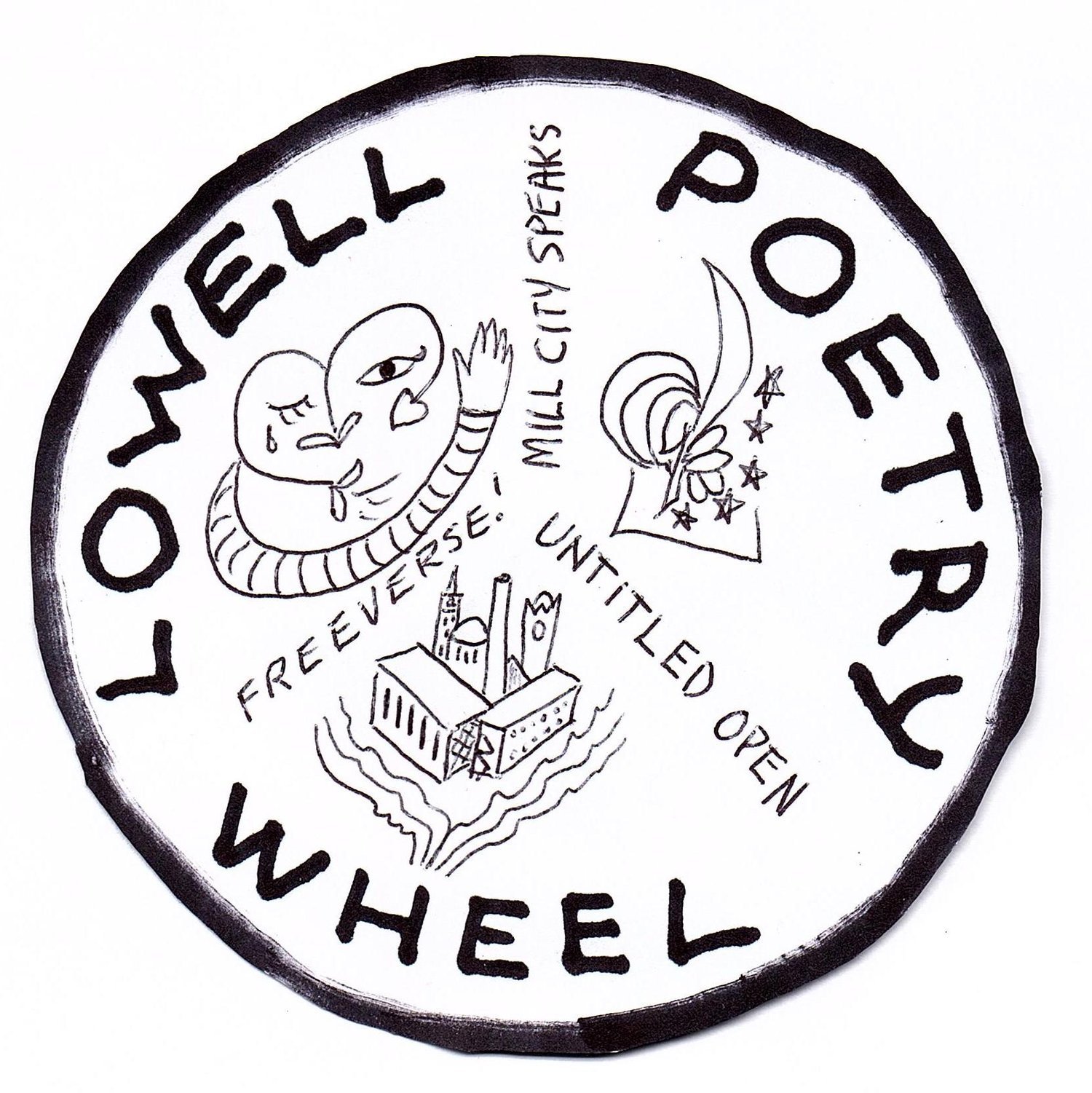October 2022 - Workshop Shit!
For the workshop this month, poets were encouraged to think about places where past literary figures might have spent their time. As poets, we often draw inspiration from the lives and works of poets who’ve gone before, and from our physical surroundings both real and imagined. In the poem below Where Once Poe Walked, the famous horror writer H.P. Lovecraft describes a setting where he imagines one of his own inspirations, Edgar Alan Poe, might still be found lurking. Lovecraft never explicitly names the location he’s writing about, but employs an array of descriptive images to bring the reader into the setting, so that they too might “Espy amidst these tombs the shade of Poe.”
Where Once Poe Walked
H.P. Lovecraft
Eternal brood the shadows on this ground,
Dreaming of centuries that have gone before;
Great elms rise solemnly by slab and mound,
Arched high above a hidden world of yore.
Round all the scene a light of memory plays,
And dead leaves whisper of departed days,
Longing for sights and sounds that are no more.
Lonely and sad, a specter glides along
Aisles where of old his living footsteps fell;
No common glance discerns him, though his song
Peals down through time with a mysterious spell.
Only the few who sorcery's secret know,
Espy amidst these tombs the shade of Poe.
The Rules:
1. Think about a poet (or broader literary figure) who you might want to write about. Imagine that you had a chance to visit some place they frequented in life (or which they still frequent if they’re still alive). This can be a very specific place (J.R.R. Tolkien and C.S. Lewis would frequently meet with friends in a small private room in an Oxford pub called The Eagle and Child), or a more vague place (a coffee shop, a bar, a church, a forest etc.).
2. Then, think about what you might see, hear, smell, and feel in this place. Would the literary figure share the same experience? Have things changed over time? Use the table below to organize some thoughts.
3. Take 10-15 minutes to write a poem using at least one place, and any other words/phrases form the table.
Andrew’s Response
Here now it’s quiet, and the midday sun
Lights emptiness, where kings and lovers danced,
And thousands entered troubled or entranced,
And left when all the wars were fought and won.
The heckling on the sweaty courtyard floor
Tore pride from poets, made dead princes fools,
Confounded villains, and decided duels,
And mingled plague-smells over rich and poor.
They spoke of golden canopies, and flames
That roared through Roman streets one night …
And from bare wood those things sprang into light,
Fueling excitement, sorrow, joy, and fame.
But that burned down so long ago … today
Its memories build new sets, and play new plays.

